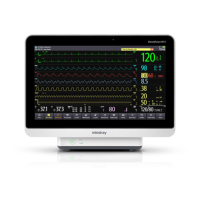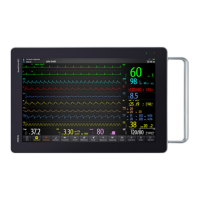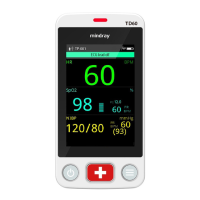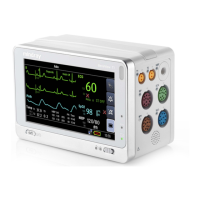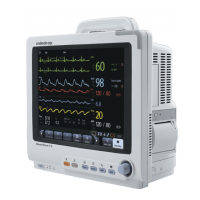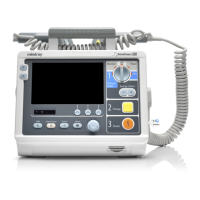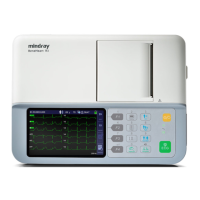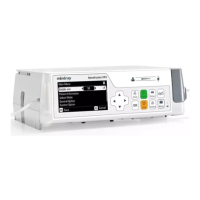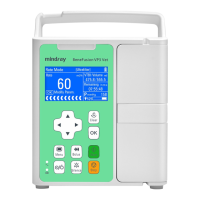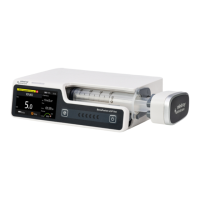BeneVision N1 Patient Monitor Operator’s Manual 1 - 1
1 Safety
1.1 Safety Information
• Indicates a potential hazard or unsafe practice that, if not avoided, could result in death or serious
injury.
• Indicates a potential hazard or unsafe practice that, if not avoided, could result in minor personal
injury or product/property damage.
• Provides application tips or other useful information that does not involve patient or user risk.
1.1.1 Warnings
• Patient with a pacemaker – On ventricular paced patients, episodes of Ventricular Tachycardia may
not always be detected. Do not rely entirely upon the system’s automated arrhythmia detection
algorithm. Keep pacemaker patients under close surveillance.
• This equipment is used for a single patient at a time.
• To avoid explosion hazards, do not use the equipment in the presence of oxygen-rich atmospheres,
flammable anesthetics, or other flammable agents.
• Do not touch the equipment’s metal parts or connectors when in contact with the patient; otherwise
patient injury may result.
• Never mix patient electrode types or brands. Dissimilar metals or other incompatibilities may cause
considerable baseline drift and may increase trace recovery time after defibrillation.
• To reduce the hazard of burns during high-frequency surgical procedure, ensure that the monitor’s
cables and transducers never come into contact with the electro-surgery unit (ESU).
• The neutral electrode of the electro-surgery unit (ESU) shall properly contact the patient. Otherwise,
burns may result.
• MR unsafe: the N1 monitor is not intended to be used within the Magnetic Resonance (MR)
environment.
• Before connecting the equipment to the mains power, ensure that the voltage and frequency ratings
of the power line are the same as those indicated on the equipment’s label or in this manual.
• Before putting the system into operation, the operator must verify that the equipment, connecting
cables, and accessories are in correct working order and operating condition.
• To avoid risk of electric shock, the equipment must only be connected to mains power with
protective earth, or operated on battery power.
• Do not touch the patient and live parts simultaneously. Otherwise patient injury may result.
• Do not touch the patient or metal parts in contact with the patient during defibrillation. Otherwise
serious injury or death could result.
• Do not open the equipment housings. All servicing and future upgrades must be carried out by
trained and authorized personnel.
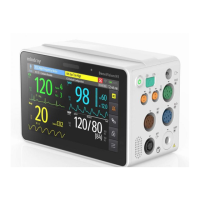
